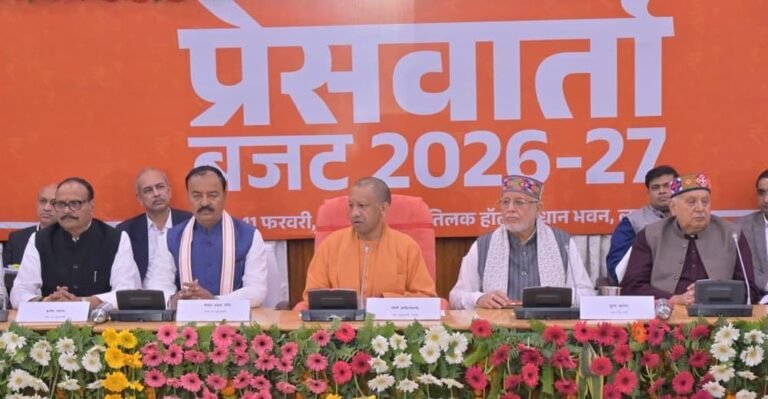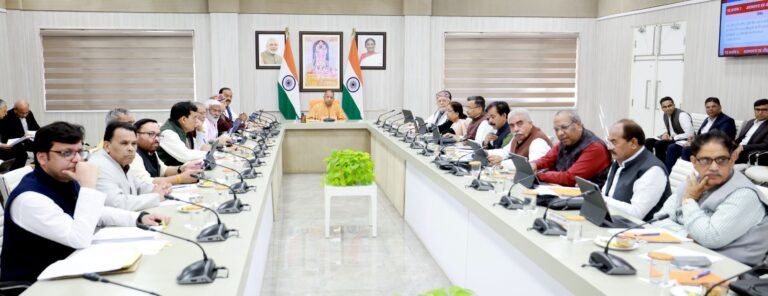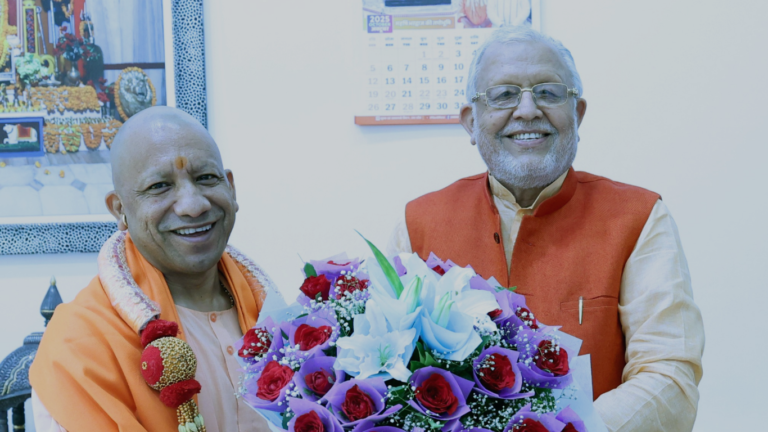
Lucknow, Uttar Pradesh – The Uttar Pradesh government has rolled out a smart plan called the co-developer policy to fix stalled housing projects, especially in busy areas like Noida and Greater Noida. This move is all about getting homes to people who have waited too long, while helping builders and local authorities sort out old messes. As of August 16, 2025, the policy is picking up speed with fresh approvals and real progress on the ground, giving a much-needed boost to buyers tired of endless delays.
At its core, the policy lets a new, reliable builder step in as a co-developer when the original one runs into trouble with money, tech issues, or just losing trust. The idea is to skip long court fights, like those in the National Company Law Tribunal or Supreme Court, and get things moving faster. Here’s how it goes – The new developer checks out the project, teams up with the old one to make a revival plan, and pays at least 25% of any unpaid land costs right away. Once that’s done, they sign a three-way deal with the original builder and the local authority under the Real Estate Regulatory Authority (RERA). This makes the co-developer the official boss, so they can update building plans, get more time if needed, and even borrow money from banks to finish the work.
Why does this matter? Thousands of homebuyers in UP have poured their savings into dream homes that never got built. Now, with this policy, they might finally get keys in hand within months or a couple of years, instead of waiting forever in legal tangles. For the new developers, it’s a chance to take over good spots with some work already done, and they can make money by selling extra units or using leftover space. Local authorities win too, as they get their dues paid quicker and see projects come back to life.
Of course, it’s not all smooth. Not every stalled project qualifies, it has to be worth saving, with enough potential for the new builder to turn a profit. Picking the right co-developer is key, they need solid cash and skills to pull it off. Plus, there must be strong checks to make sure everything stays on track and meets quality rules. In places like Ghaziabad, similar ideas haven’t caught on as fast, showing that success depends on how well it’s handled locally.
The latest buzz shows the policy in action. Just this month, the Noida Authority gave the green light for co-developers in several big Supertech projects. For four of them in sectors like 74 and 137, Apex Group is stepping up to pump in funds, clear about ₹678 crore owed to banks, and tackle ₹1,900 crore in other dues. This could help nearly 4,000 buyers get their homes soon, with the Supreme Court set to review it after an August 13 hearing. Overall, five stalled projects have been approved so far, touching over 5,000 families.
A standout example is the Sunworld Arista project in Sector 168. Nimbus Projects jumped in as co-developer back in September 2024, promising over ₹1,000 crore to revive it. They’ve already paid ₹80 crore to the Noida Authority and plan to clear the full ₹170 crore soon. The goal? Finish the remaining apartments in three years, let about 400 buyers register their places, and even launch a fancy new phase with 342 luxury units selling for ₹4 to ₹8 crore each. It’s a clear sign the policy works when the right team gets involved.
This co-developer approach draws from ideas like the Amitabh Kant committee’s suggestions, and it’s different from other states’ fixes, like Maharashtra’s focus on old buildings or Delhi’s slum rehabs. In UP, it’s all about quick, market-driven help for everyday homebuyers. With more approvals likely coming, it could set an example for the whole country on how to clean up real estate woes. For now, it’s bringing real relief and a fresh start to many who thought their housing dreams were lost.



